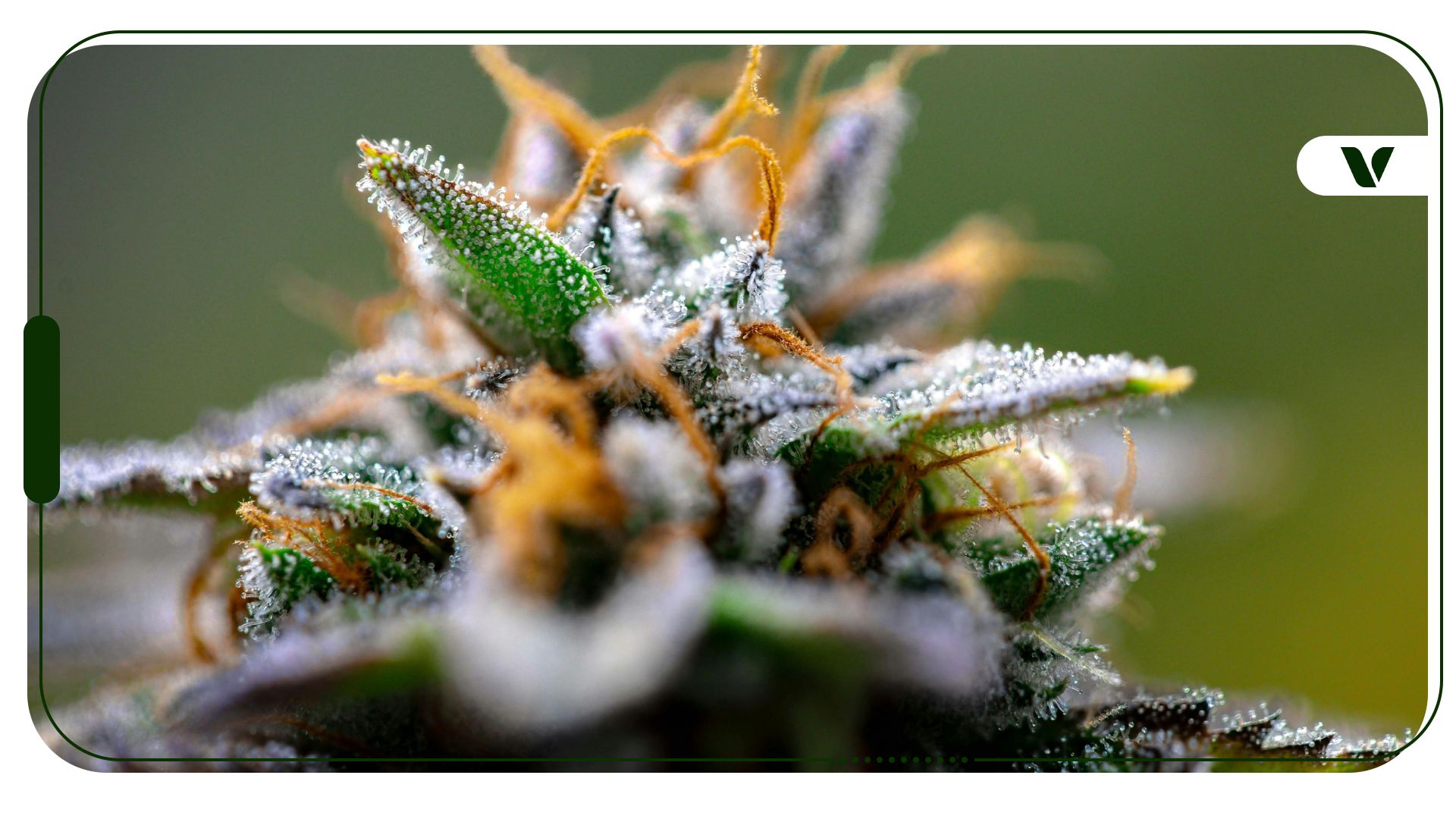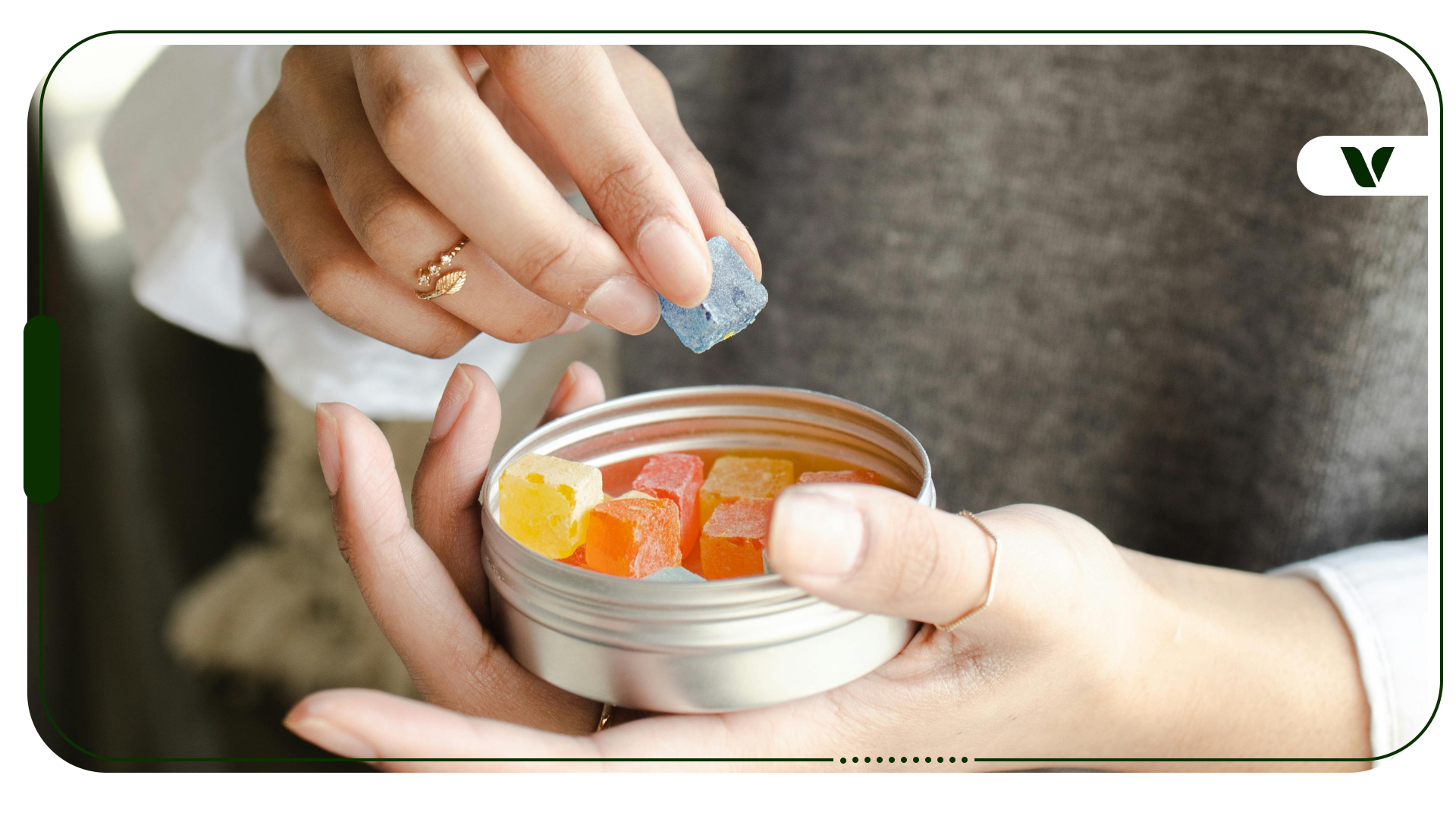Smoking cigarettes can impact one’s oral health by putting them at a higher risk of developing the likes of cancer, gum problems, tooth decay, and complications after oral surgery, according to the Better Health Channel. Does smoking cannabis pose the same risks? Unfortunately, it seems that oral health is put at risk regardless of what is being smoked. A 2021 study found evidence that connects cannabis use to poor periodontal health. Let’s explore.
What Is Periodontal Disease?
The Centers for Disease Control and Prevention (CDC) explains that periodontal diseases are mainly the result of “infections and inflammation of the gums and bone that surround and support the teeth.” The early stages of periodontal disease, known as gingivitis, are marked by swollen and red gyms, which can result in bleeding. When periodontal disease takes on a more serious form, it is often referred to as periodontitis, which is marked by the gums pulling away from the tooth, loss of bone, and teeth loosening or even falling out. Periodontal disease is frequently cited as the biggest threat to oral health.
Despite the fact that cannabis is frequently consumed to address inflammation, smoking cannabis has been associated with periodontal complications like gingivitis and periodontitis. The American Dental Association (ADA) explains that not only is cannabis associated with periodontal complications, but it is also associated with xerostomia (a “dry mouth” condition), leukoplakia (a condition in which lesions form inside the mouth), and increased risk of mouth and neck cancers. However, it must be noted that there is very limited research available in support of those associations.
The 2021 Study
Despite the limited studies concerning cannabis and oral health, those that are available have made it clear that smoking cannabis does no favors to your dental health and may in fact make things worse despite having anti-inflammatory properties. The 2021 study investigated associations between cannabis use and adverse oral health conditions and found that its participants’ cannabis use directly correlated with increased periodontal disease.
However, the study noted that the participants self-reported the results, which acts as a limitation in their study. Additionally, there is no way to know if these self-reporting participants combined their cannabis smoking with other periodontal disease risk factors like smoking tobacco, alcohol consumption, illicit drug use, or poor oral hygiene. Regardless of these uncertainties, though, the general consensus remains that smoking cannabis is not good for your dental health.
Xerostomia vs. Dry Mouth
It is important to understand that the risk of periodontal disease is taken when one smokes, regardless of what they are smoking. Most cannabis consumers have experienced dry mouth as a side effect of THC, but there is a major difference between dry mouth and xerostomia. Unlike the normal symptom of dry mouth that comes with smoking cannabis and goes away after, xerostomia is serious and often chronic, posing a much bigger risk to your oral health.
Having a wet mouth is vital, as the saliva clears and breaks down bacteria, which then prevents tooth decay including cavities. However, the fact that dry mouth is a side effect of cannabis is risky in the sense that it does affect saliva production and thus its oral protective function. Experiencing this side effect on a daily basis increases one’s risk of developing the chronic and more serious version, xerostomia.
The ADA on Oral Effects of Cannabis Use
The ADA supports the fact that cannabis has been associated “with poor quality of oral health” but explains that the “etiology has been complicated by the number of associated factors with frequent users, including: concomitant use of tobacco, alcohol, and other drugs; poor oral hygiene practices; and infrequent visits to dentists.”
Additionally, cannabis often acts as an appetite stimulant and causes consumers to “consume [more] cariogenic snack foods” in comparison to non-consumers. Cariogenic snack foods refer to the class of foods that can harm your teeth, including sweet pastries, chips, cookies, crackers, cereals, cakes, ice cream, and basically most sugary foods. Compared to non-cannabis consumers, cannabis consumers are more likely to develop:
- Leukoedema
- Gingival enlargement
- Chronic inflammation
- Malignant neoplasms
- Cancer
Once again, there is very limited research to support these associations between cannabis and the aforementioned developments as opposed to the amount of research available linking these developments to smoking tobacco.
Preventing Poor Oral Health as a Cannabis Smoker
If you have not guessed it by now, the solution to this risk is simply avoiding smoking. Cannabis can be consumed in many different forms despite the fact that smoking is the preferred method of consumption for many. To smoke cannabis or not is a personal decision. Instead of smoking cannabis, consider trying edibles, oils, or tinctures. With cannabis legalization gaining ground, it is much easier to obtain a variety of cannabis products to meet your needs.
Should smoking continue to be your preferred means of consumption despite the risk of periodontal disease, ensure that you avoid cariogenic “munchie” foods, have plenty of water on hand to minimize the dry mouth side effect, avoid combining cannabis with tobacco and alcohol, and revise your oral hygiene routine to ensure the best care for your already-at-risk oral health.
Author, Share & Comments









